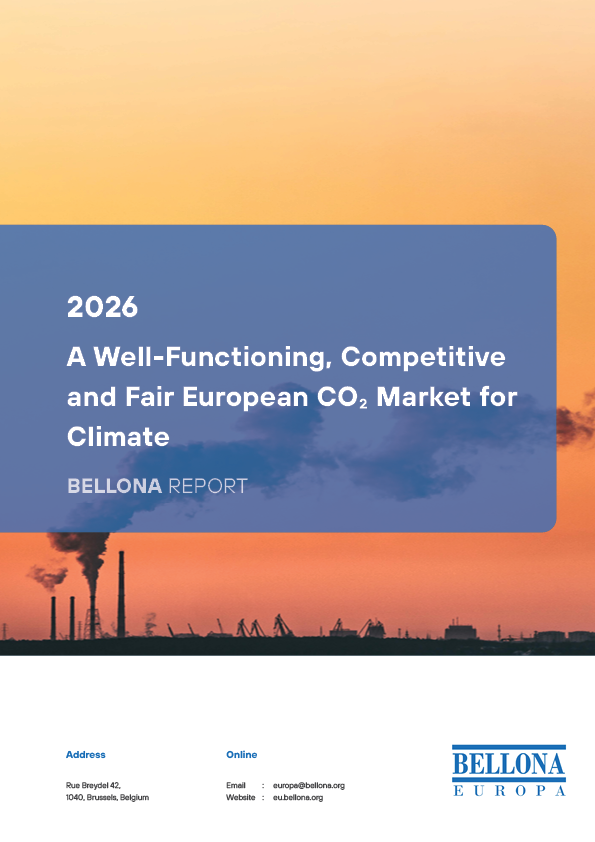
A Well-Functioning, Competitive and Fair European CO₂ Market for Climate
To reach climate neutrality by 2050, society will require CO₂ transport and storage services to be available at scale in a functioning internal Europ...
Publication
Steel plays an essential role in society. The material is heavily used in numerous applications and is a necessary component for technologies indispensable to the green transition. The European industry employs more than 300,000 workers and directly generates € 26 bln of gross value. At the same time, steel production is a significant source of CO₂ emissions, accounting for 5% of the EU’s total. As the remaining atmospheric carbon budget diminishes at a staggering pace, it is crucial that the sector decarbonises rapidly.
Right now, the EU has a window of opportunity to promote the transformation of the steel industry, since 70% of Europe’s production facilities will need major investments before 2030. Given the substantial financial commitments and long amortisation periods, it is paramount that investments are directed towards sound low-carbon steel production alternatives. Strategic planning must aim to achieve environmental objectives while considering broader implications for energy landscapes, global markets, and local communities. The urgency of the climate crisis demands decisive action now to meet net-zero targets in the future.
This report analyses decarbonisation options across various steel production routes and the challenges they present, accounting for variation in the GHG intensity of electricity and gas input.
Click the PDF link to read our report!
Get our latest news